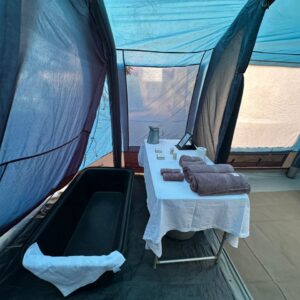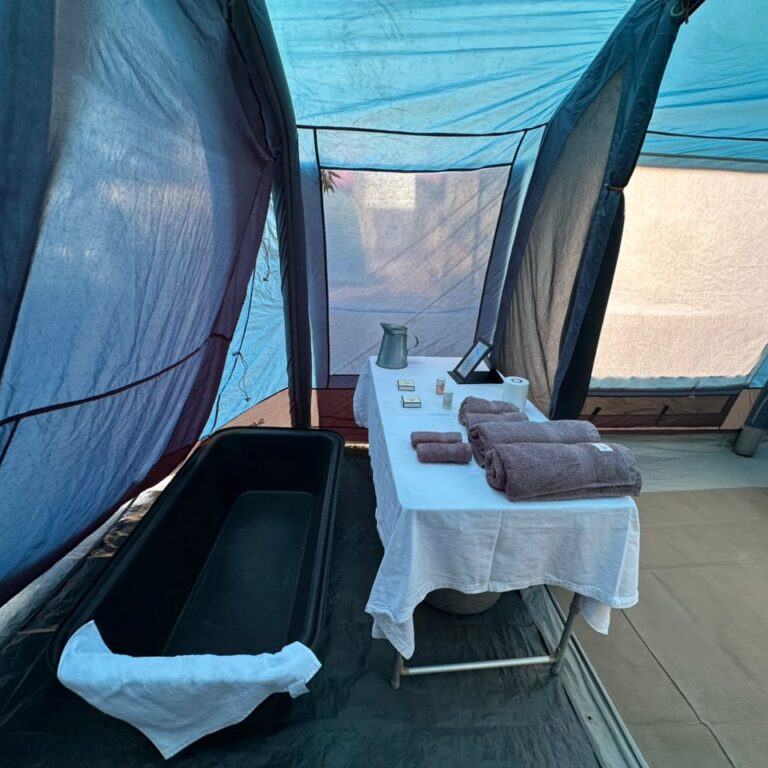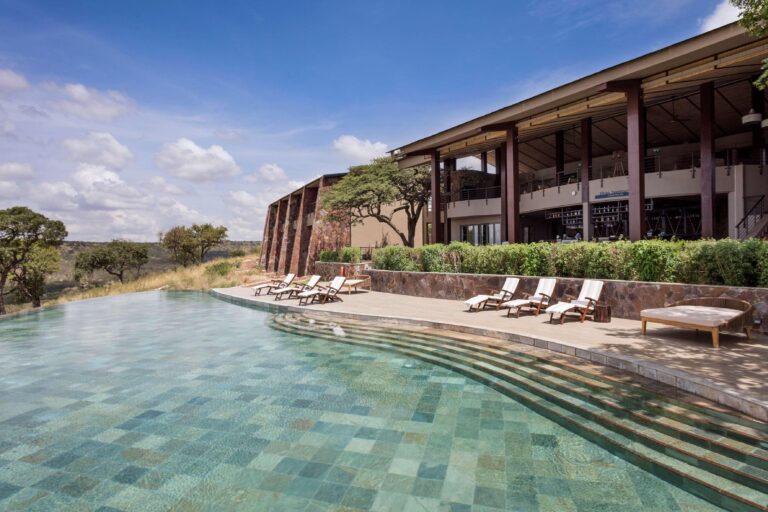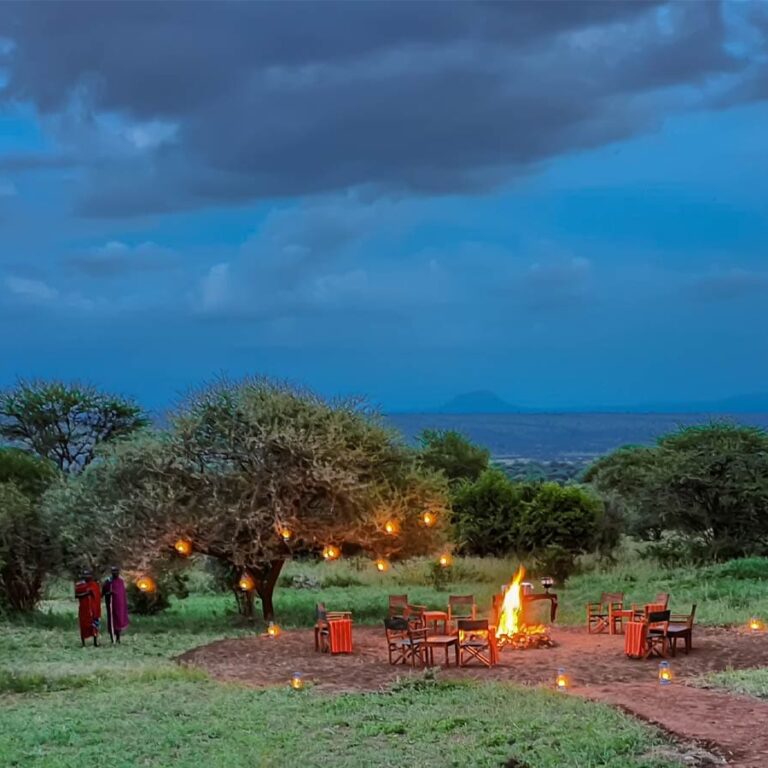Mount Kilimanjaro, Africa’s highest peak, stands as a formidable personal challenge, a test of endurance, and a breathtaking natural wonder. Yet, for many, the allure of its summit is magnified by a deeper purpose: the desire to climb for charity. Transforming a personal aspiration into a philanthropic endeavor adds profound meaning to every grueling step, turning a mere trek into a powerful statement of compassion and commitment. Climbing Kilimanjaro for a cause is not just about reaching Uhuru Peak; it’s about leveraging the mountain’s iconic status to make a tangible difference in the world.
A Deeper Purpose: Why Climb for Charity?
The decision to embark on a Kilimanjaro expedition is significant. When coupled with a charitable aim, the motivation multiplies. The physical discomfort, the mental fatigue, and the sacrifices involved in training and fundraising become easier to bear when you remember the faces of those you are helping. The mountain transforms into a metaphor for overcoming adversity, mirroring the struggles faced by the beneficiaries of your chosen cause. This deeper purpose provides an unparalleled source of inspiration and resilience, pushing climbers onward when their personal resolve might falter.
Choosing Your Cause: A Personal Connection
The first step in a charity climb is selecting a cause that resonates deeply with you. This personal connection is vital, as it will be your driving force through the challenging moments on the mountain. Whether it’s a global issue like access to clean water, a local community development project, wildlife conservation, medical research, or supporting vulnerable children, the options are vast. Global Impact. Organizations like WaterAid or Raleigh International often have “Kili Challenges” focused on global issues.
Local Relevance. Given Kilimanjaro’s location, many climbers choose Tanzanian-focused charities that support local education, healthcare, or environmental initiatives, allowing for a direct connection to the country they are visiting. Personal Significance. Perhaps a loved one has battled a specific illness, or you’ve been touched by a particular social injustice. Aligning your climb with such personal experiences creates a powerful narrative for your fundraising efforts.
The Fundraising Journey: More Than Just Asking for Donations
Fundraising for a Kilimanjaro climb is an integral part of the charity experience. It requires creativity, dedication, and a willingness to step outside your comfort zone – much like the climb itself. Setting a Goal. Establish a realistic yet ambitious fundraising target in collaboration with your chosen charity. Crafting Your Story. Explain why you are climbing for this specific cause. Share your personal connection and how the funds will make a difference. A compelling story is your most powerful fundraising tool.
Diverse Strategies. Go beyond simply asking for donations. Organize events (bake sales, quiz nights, sponsored runs), leverage social media, write personal letters, or seek corporate sponsorships. Many charities provide resources and guidance for fundraising. Transparency. Be transparent about how the money will be used, distinguishing between funds for the climb itself (often covered by the climber) and funds going directly to the charity.
The fundraising journey itself builds discipline, communication skills, and a network of supporters who become invested in your success on the mountain.
Training with a Purpose: Every Step Counts
Physical preparation for Kilimanjaro is demanding, but when training for charity, every long hike and every gym session feels more meaningful. The physical discomfort becomes a small echo of the larger struggles your chosen charity is working to alleviate. Structured Plan. Follow a rigorous training plan focused on endurance, leg strength, and mental resilience. Share Your Progress. Document your training journey on social media or in updates to your donors. This transparency not only motivates you but also shows supporters the effort you’re putting in, encouraging further contributions. Connect Training to Cause. Remind yourself during tough training sessions that this discomfort is temporary, unlike the chronic challenges faced by those you’re helping.
The Climb Itself: A Shared Endeavor
On the slopes of Kilimanjaro, the charitable aspect often becomes a unifying force, especially if you’re part of a group challenge. Camaraderie. Climbing with others who share a similar philanthropic goal fosters an incredible sense of camaraderie. You’ll encourage each other through difficult moments, drawing strength from the collective purpose. Motivation on Summit Night. When exhaustion sets in on summit night, the thought of the cause and the people you are climbing for can provide the ultimate push to keep going, one “pole pole” step at a time. Many climbers carry a small symbol or photo representing their cause to the summit.
Connecting with Tanzania. For those supporting Tanzanian charities, the climb offers a unique opportunity to see the impact of their fundraising firsthand before or after their ascent, deepening their understanding and commitment.
The Impact: Far Beyond the Summit
The benefits of climbing Kilimanjaro for charity extend far beyond the personal satisfaction of reaching the top. Direct Financial Contribution. The most obvious benefit is the direct financial support provided to the chosen cause, enabling vital projects and services. Increased Awareness. Charity climbs generate significant publicity and raise awareness for often overlooked issues, inspiring wider public engagement and action. Advocacy. The climbers become passionate advocates for their cause, sharing their experiences and educating others long after the trek is over.
Sustainable Change. For many charities, especially those working in developing countries, the funds raised through such expeditions can contribute to long-term, sustainable solutions rather than just temporary relief. Personal Transformation. Beyond the tangible impact, the climbers themselves are often profoundly transformed. The experience of pushing limits for others, combined with the raw beauty of the mountain, fosters empathy, gratitude, and a renewed sense of purpose.
Notable Charity Climbs
Kilimanjaro has hosted numerous high-profile charity climbs. Further cementing its status as a peak with purpose. The “Summit on the Summit” expedition in 2010, led by musician Kenna and featuring celebrities like Jessica Biel. Emile Hirsch, and Lupe Fiasco, brought global attention to the clean water crisis. More recently, the Comic Relief Kilimanjaro Climb in 2019 saw British celebrities like Jade Thirlwall (Little Mix). Ed Balls, and Alexander Armstrong brave the mountain to raise millions for various charitable projects, openly sharing their struggles and triumphs. These events inspire thousands of ordinary people to follow in their footsteps, leveraging the mountain’s iconic status for immense good.
10 Ways to Travel with Purpose in Tanzania
10 Reasons to Climb Mount Kilimanjaro
Things You Must Do To Make It Up Kilimanjaro
Benefits of climbing Mount Kilimanjaro
Step by Step to Choosing the Best African Safari Companies








